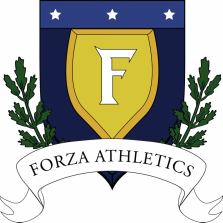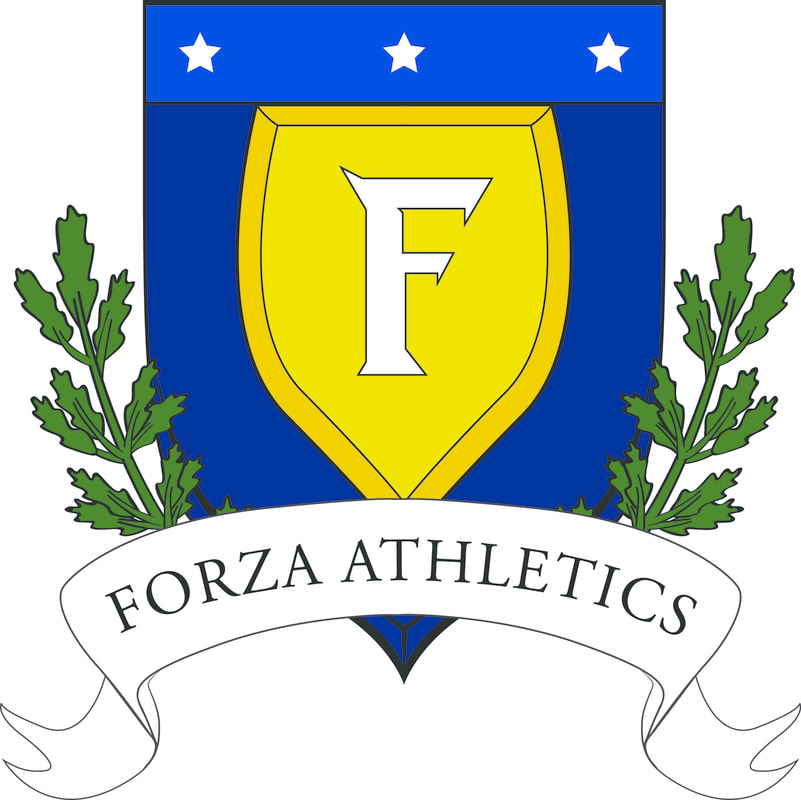|
I’ve had the pleasure of coaching at two Division III programs over the course of my coaching career. I started my career as a graduate assistant at SUNY Fredonia in 2004. I was coaching my former teammates, and at times things got a little strange during the season. As far as throwing outcomes go, it was a very successful season. One female thrower won 5 conference championships between the indoor and outdoor seasons. She broke our school records in the 20lb. weight, discus, and hammer. Jen also qualified for and threw at DIII Outdoor Nationals.
My first year at Nazareth was the 2012-2013 season. In that year our men’s throwers broke the indoor 35lb. weight and shot-put records, as well as the shot-put, discus, and hammer records during the outdoor campaign. Our lone female thrower broke the hammer record. Since it was my first time coaching in a few years, I wanted to focus more on developing positive coach-athlete relationships, rather than focus on breaking records and throwing far. Yes, throwing far is one of the main objectives of throwing, but there are many ways to get your athletes to throw far. Raw talent is great, but having a belief that you can achieve your goals with a little bit of talent also goes a long way. In a couple of weeks, I begin a new chapter in my coaching journey. I’ll be joining my good friend Tim on his staff as the throwing coach at Alfred State. I’m a Pioneer! Over the past few weeks I’ve been in contact with some of the throwers that are currently on the team. We’ve discussed class schedules and practices schedules. Tim and I have discussed what this coaching endeavor is going to look like, but we haven’t laid out all the specifics yet. I’ve been thinking about a few things in the hopes of making a positive and meaningful first impression on my new group of throwers. As coaches, I think deep down we have a laundry list of things we would like to share with our athletes during that first introduction. I didn’t really have an introduction at Fredonia because I was coaching my former teammates. It was a little better at Nazareth, but in the first week I lost an athlete for the fall semester because they weren’t registered for enough credit hours. Not everything is going to go perfect or as planned. And that is ok. My list of topics that I want to discuss with my athletes during our first meeting includes:
In the past, I’ve asked me athletes to write down their answers. Then before the season gets going into high gear I have individual meetings with everyone to discuss their responses to the question. As an educator and coach, I believe this is the most important series of questions to ask early on in the season for a few reasons. First, it helps reinforce or re-evaluate their expectations about themselves and myself. Second, I’m able to ask questions about their specific expectations and get a sense of the athlete’s work ethic and set of guiding values. Third, the conversation helps increase the athlete’s sense of autonomy because they are essentially in the driver’s seat of the conversation and the development of the roadmap. Finally, we have something written down that will hold both the athlete and myself as a coach accountable. It will be my job to safely and ultimately successfully guide my athlete along an illuminated path towards accomplishing their goals. I’m looking forward to meeting my new group of throwers. Excitement is not quite the word to describe how I’m feeling right now. Anticipation and eagerness might fit more appropriately.
0 Comments
Leave a Reply. |
AuthorCharles Infurna, Ed.D., is the owner and lead coach of Forza Athletics Track Club. Dr. Infurna has coached National Record Holders, National Champions, All-Americans, and Conference Champions at the Post-Collegiate, Collegiate, and High School level. Archives
September 2020
Categories
All
|


 RSS Feed
RSS Feed